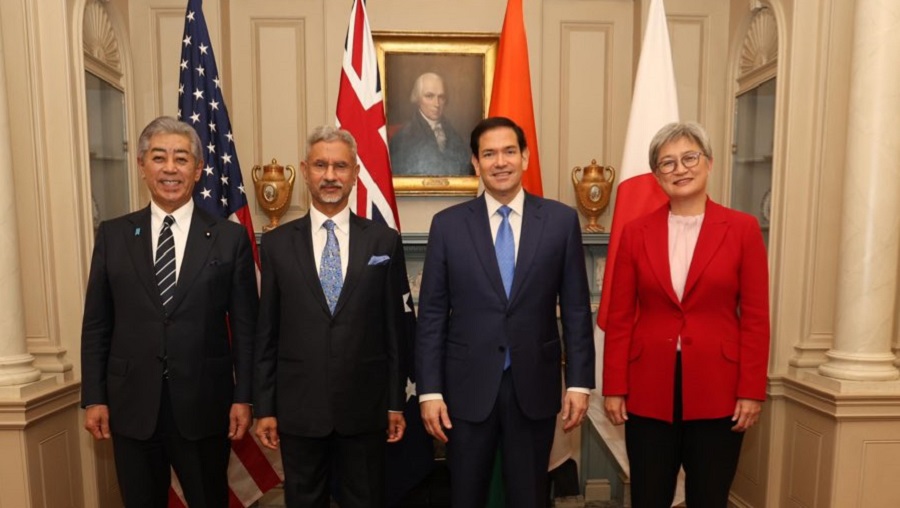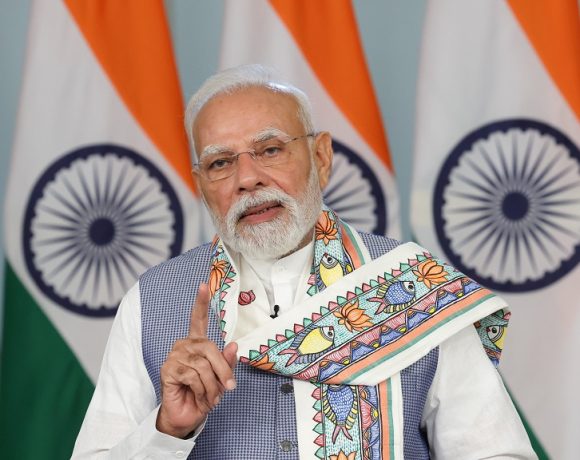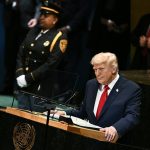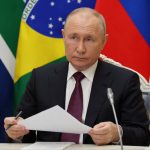
Quad Condemns Pahalgam Attack, Avoids Naming Pakistan
The foreign ministers of the Quad grouping—India, the United States, Japan, and Australia—have issued a joint condemnation of the brutal terror attack that struck Pahalgam in Jammu and Kashmir on April 22, resulting in the deaths of 26 civilians. While the statement denounced “cross-border terrorism” and called for accountability, it conspicuously avoided naming Pakistan, the country India has openly blamed for the attack.
Quad Pahalgam Response
Meeting in Washington, the Quad ministers said they “unequivocally condemn all acts of terrorism and violent extremism in all its forms and manifestations, including cross-border terrorism.” They called for the perpetrators, organizers, financiers, and sponsors of such acts to be swiftly brought to justice through coordinated international efforts.
The statement, while strong in tone, lacked any explicit reference to Pakistan, even though India’s Ministry of External Affairs had directly implicated terror outfits based in Pakistan for orchestrating the massacre. The omission was seen by many analysts as a sign of strategic restraint.
Cross-Border Terrorism Acknowledged
India had previously confirmed that the attack was traced back to terror groups operating with safe haven and logistical support across the border. The government responded with airstrikes on launch pads in Pakistan-occupied Kashmir and a subsequent military alert along the LoC. Despite that, the Quad statement chose a broader diplomatic language to maintain cohesion within the grouping.
External Affairs Minister S. Jaishankar had earlier noted that while multilateral platforms were important, India continues to address the core issue of cross-border terrorism through direct means and sustained international pressure behind the scenes.
Pakistan Omission Raises Questions
The Quad’s reluctance to name Pakistan directly has sparked debate in Indian strategic circles. While it reflects the Quad’s larger Indo-Pacific focus and the need to preserve regional stability, critics argue that not identifying state sponsors of terrorism dilutes the clarity of condemnation and sends a weak signal to hostile actors.


















